Swiss Evangelical Reformed Church numbers dropping in French-speaking Switzerland
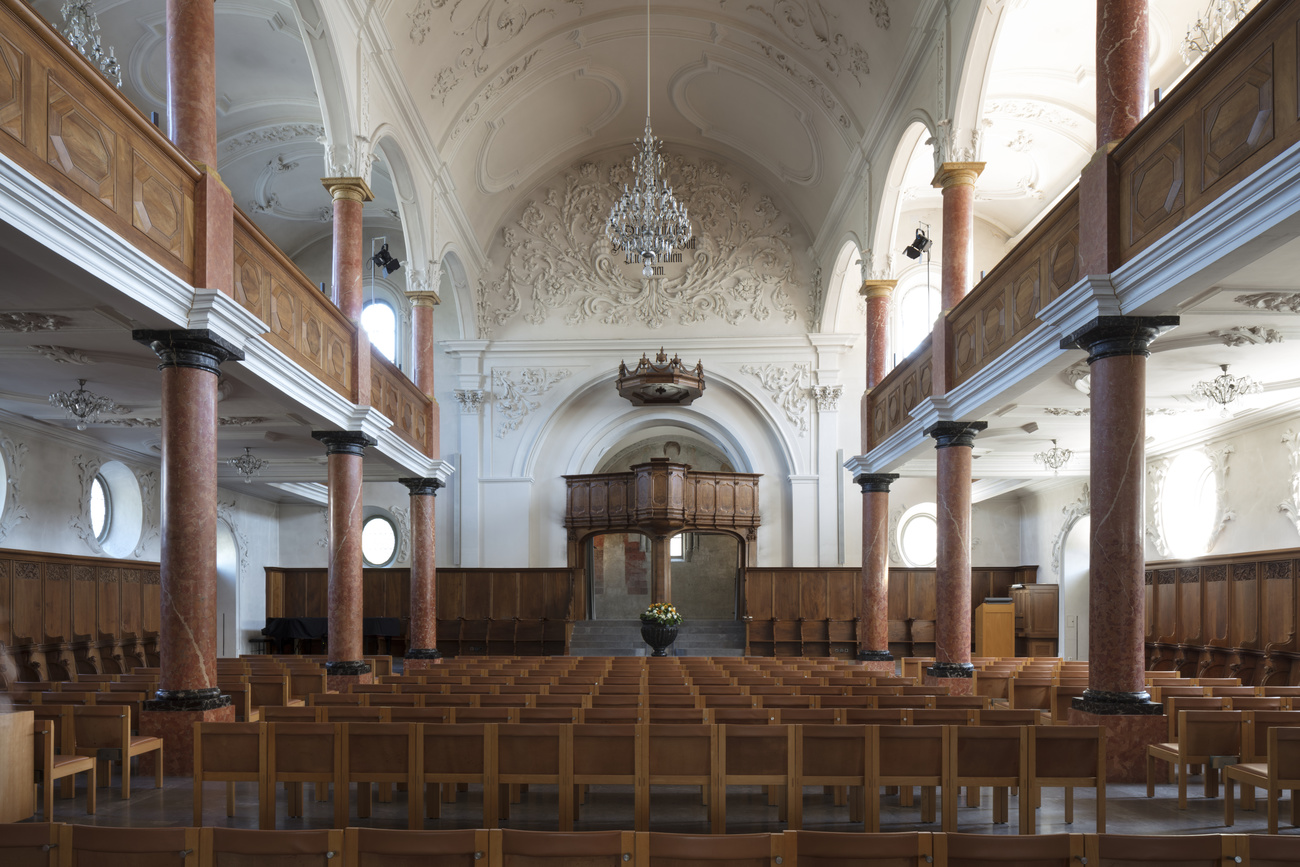
As in German-speaking Switzerland, the number of members of the Reformed Church in French-speaking Switzerland is also declining. Faced with this situation, the church is stepping up its initiatives.
The Evangelical Reformed Church in Switzerland will not receive the final figures for all churches until this summer, it told Keystone-ATS. Overall, however, it confirms a slight downward trend in the number of churchgoers in French-speaking Switzerland last year.
+Deserted churches and fewer believers: Swiss abandon God
In the canton Neuchâtel, for example, the number of parishioners stood at 44,573 at the end of 2023, compared with 46,888 in 2022, according to the Evangelical Reformed Church. In canton Fribourg, the figure was 39,545 at the end of last year, compared with 40,257 at the end of 2022.
In the canton Vaud, the Reformed Church does not keep a list of the number of Protestants. It receives information on a subsidiary question from the residents’ registration office. At the end of October 2023, the number of people who had ticked the corresponding box was 173,774, a fall of 5,723 compared with 2022. Geneva has not seen any change at this stage.
Record in German-speaking Switzerland
In German-speaking Switzerland, the number of people leaving the Evangelical Reformed Church has never been higher than in 2023. A total of 38,073 members turned their backs on their church last year, according to a recent survey by ref.ch, the organisations media portal. This represents an increase of just over a quarter on the previous year.
+Why Switzerland is losing its religion
By 2022, 30,393 people had left the Reformed Church in German-speaking Switzerland. In many regions, a clear link has been established with the publication last September of a study into sexual abuse within the Catholic Church, the study notes.
+Swiss Evangelical Reformed Church plans study into sexual abuse
Weakening institutional attachment
Interviewed by Keystone-ATS, Evangelical Reformed Church Communications Director Stephan Jütte concedes that the number of people leaving the Church has been rising for decades. “When the Catholic or Reformed Church is in the headlines, some members with no close ties to the institution take the opportunity to leave,” he says.
Only a minority mention a specific reason for leaving. Those who do so are generally dissatisfied with the Church’s public stance on political or social issues, or no longer identify with the faith it preaches. “However, it is not religiosity that is declining, but the institutional attachment that binds individuals to churches and religious communities that is weakening”, says Jütte.
Adapting to a new reality
To remedy the situation, various churches have introduced ways of allowing people to freely choose their parish. The Evangelical Reformed Church points out that the principle of belonging to the parish where you live often no longer corresponds to the concerns of a mobile population.
+Fading faith: decline of Sunday schools in Swiss churches
In addition, the “social form” of the parish is often no longer the preferred place for members to meet. The churches are therefore getting involved in “Church Night”, for example. They are also present at cantonal fairs to make the Church accessible to people in a new way.
Numerous virtual formats have also emerged, such as online services, podcasts, virtual parishes and chaplaincy services via chat, all of which facilitate access, regardless of where people live. Finally, many churches and parishes are seeking contact with the younger generation, for example through the various regional youth church days.
More
Adapted from French by DeepL/amva
This news story has been written and carefully fact-checked by an external editorial team. At SWI swissinfo.ch we select the most relevant news for an international audience and use automatic translation tools such as DeepL to translate it into English. Providing you with automatically translated news gives us the time to write more in-depth articles.
If you want to know more about how we work, have a look here, and if you have feedback on this news story please write to english@swissinfo.ch.

In compliance with the JTI standards
More: SWI swissinfo.ch certified by the Journalism Trust Initiative










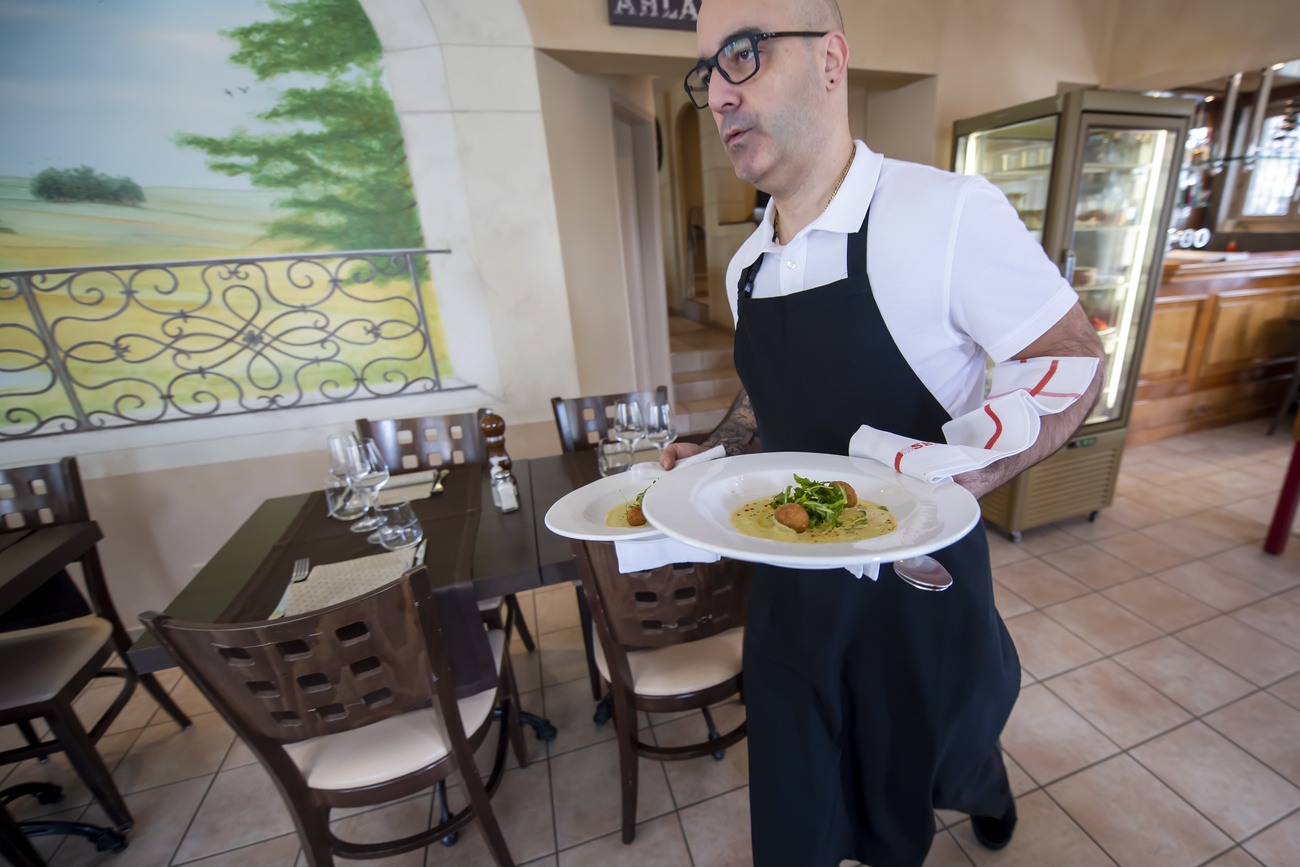

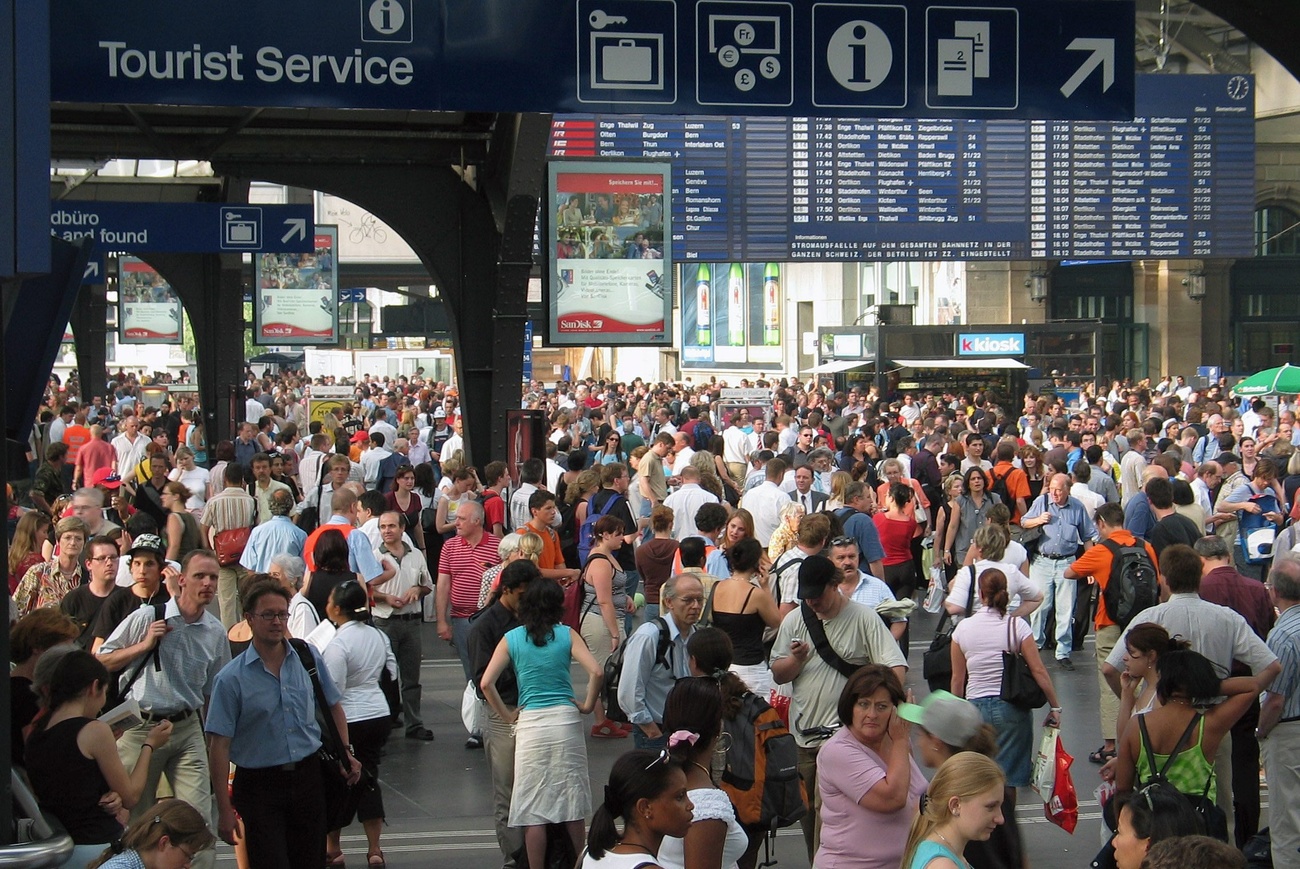

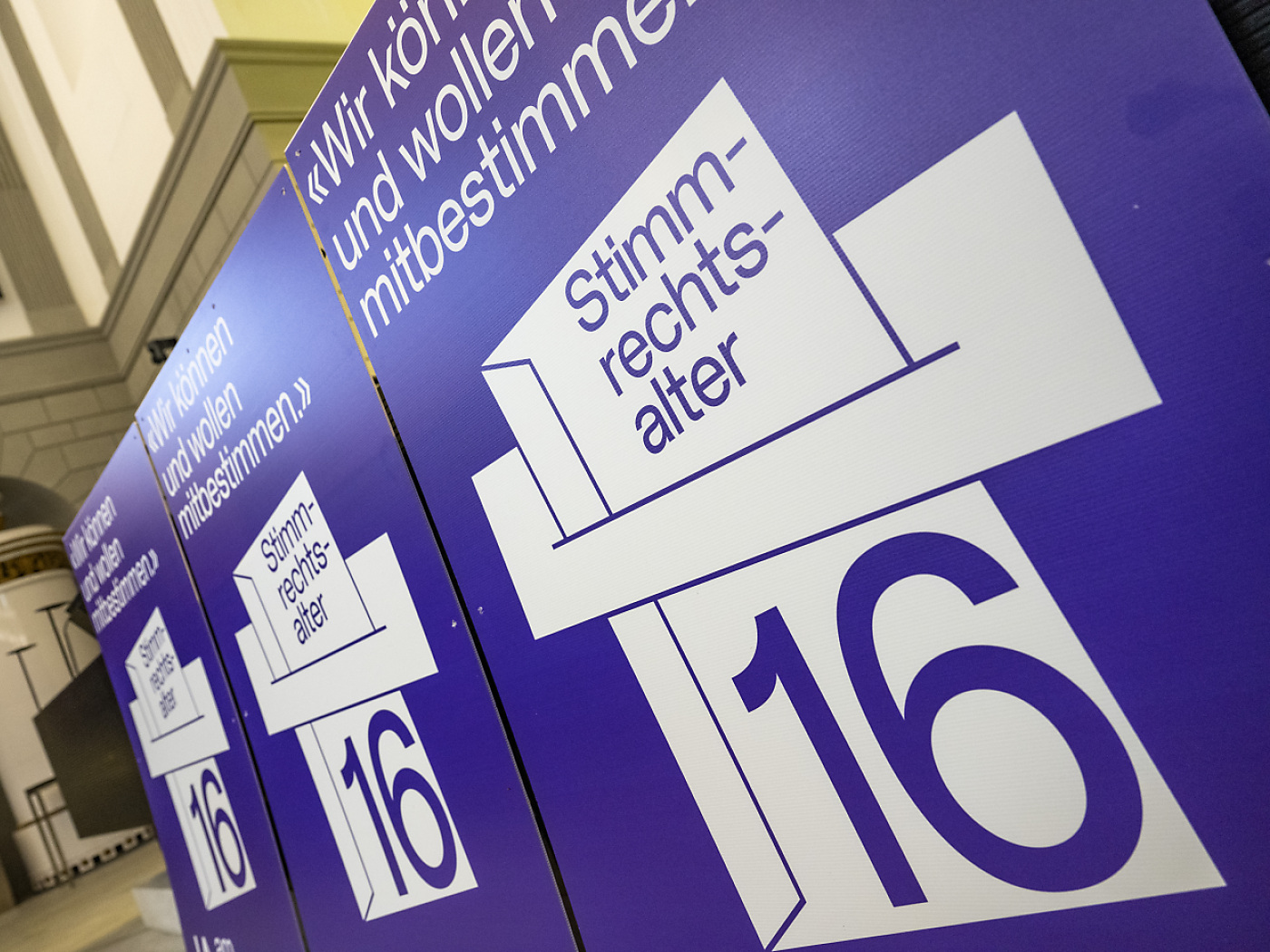




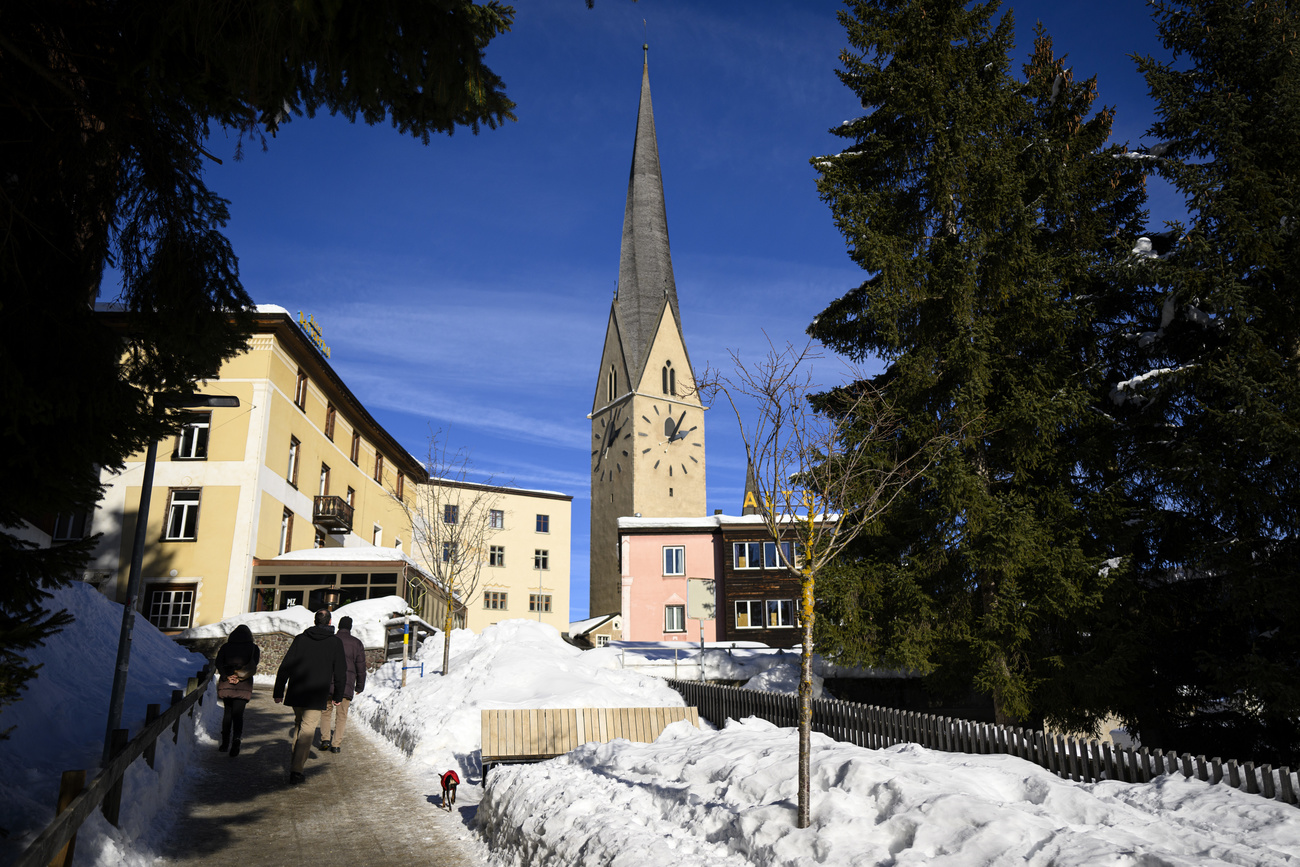
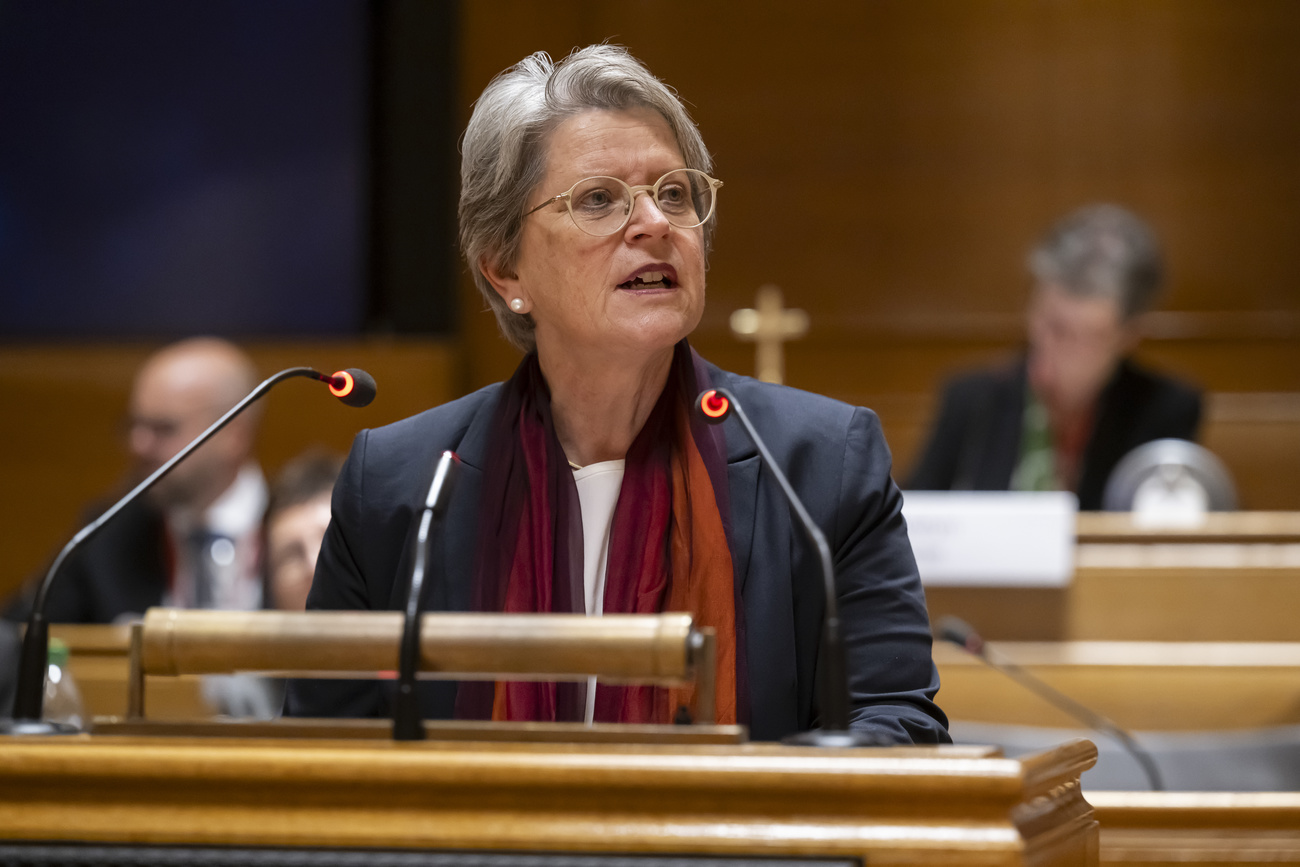

You can find an overview of ongoing debates with our journalists here . Please join us!
If you want to start a conversation about a topic raised in this article or want to report factual errors, email us at english@swissinfo.ch.